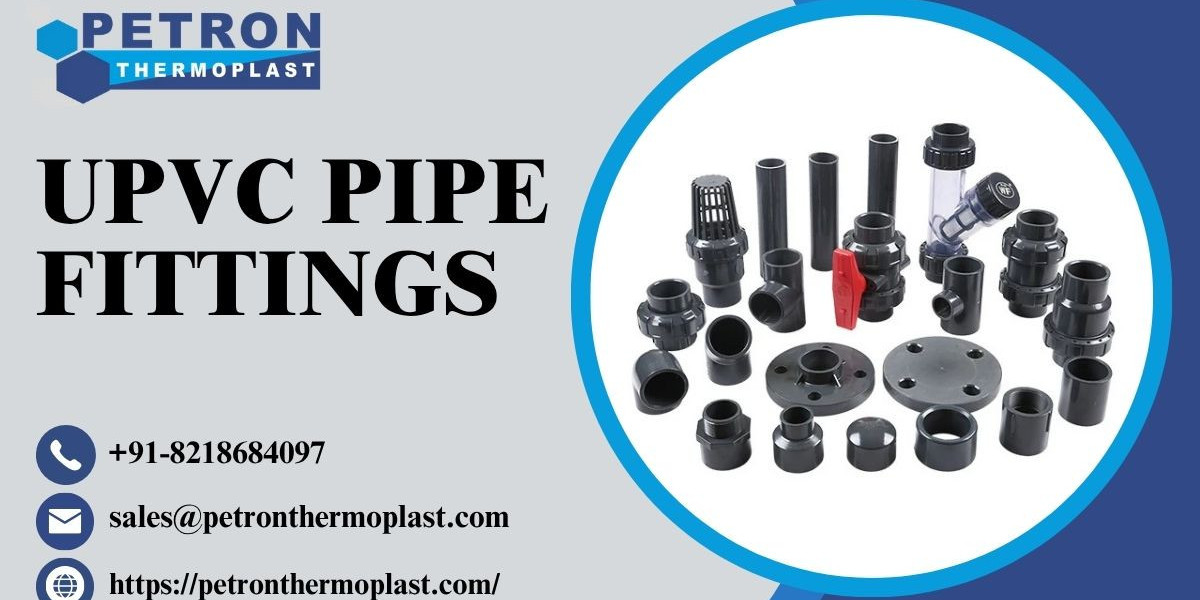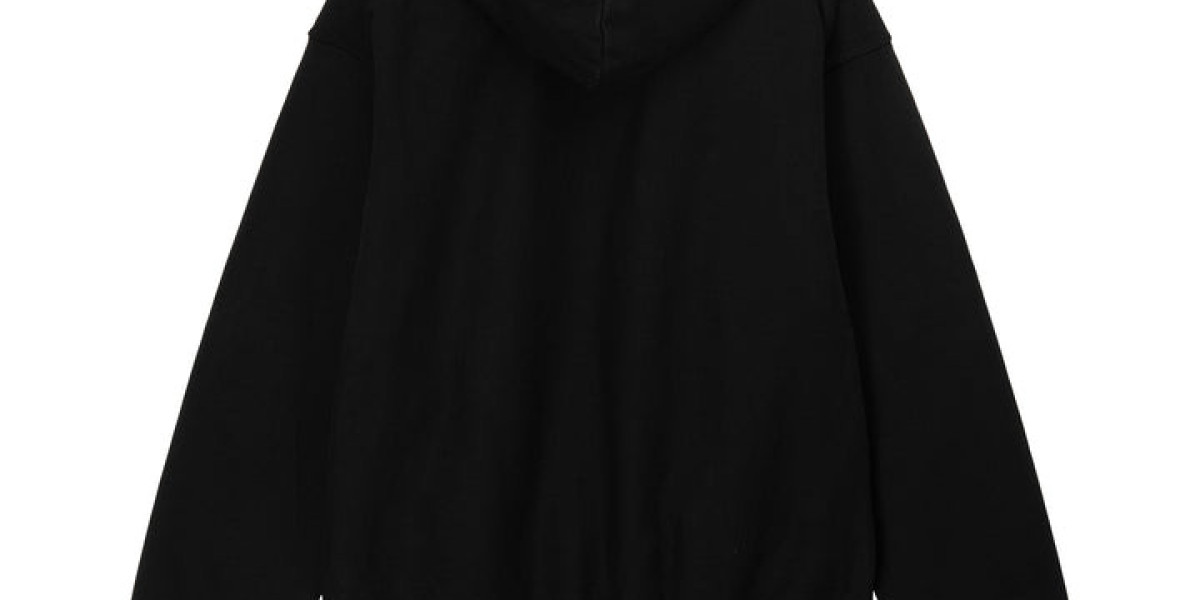In industrial applications where corrosion resistance, chemical durability, and long-term reliability are essential, UPVC pipe fittings have emerged as a leading choice for fluid handling systems. Whether it’s for transporting water, acids, or other aggressive chemicals, UPVC (Unplasticized Polyvinyl Chloride) offers a versatile and economical solution across a wide range of sectors, including chemical processing, water treatment, agriculture, and manufacturing.
This article explores the benefits, types, applications, and technical considerations of UPVC pipe fittings for chemical and industrial use—helping you choose the right solution for your project.
What are UPVC Pipe Fittings?
UPVC (Unplasticized Polyvinyl Chloride) pipe fittings are made from rigid PVC that is not softened by plasticizers. This gives UPVC its characteristic strength, chemical resistance, and structural integrity. UPVC pipe fittings are used to connect pipes, control flow direction, and integrate components in a piping system.These fittings are commonly joined with UPVC pipes using solvent cement welding, threaded connections, or flanged joints, depending on the application.
Why Choose UPVC Pipe Fittings for Industrial and Chemical Use?
1. Excellent Chemical Resistance
One of the key reasons UPVC fittings are favored in chemical processing industries is their resistance to a wide range of chemicals. They are non-reactive to acids, alkalis, salts, and organic solvents, making them ideal for fluid handling in corrosive environments.
2. Corrosion-Free
Unlike metal fittings, UPVC pipe fittings do not corrode when exposed to water or harsh chemicals. This extends the life of the system, reduces maintenance, and ensures a clean and contamination-free pipeline.
3. Cost-Effective and Lightweight
UPVC fittings are significantly lighter than metal alternatives, reducing transportation and installation costs. Despite their lightweight nature, they are structurally strong and durable, making them perfect for both small-scale and large-scale projects.
4. Easy Installation
UPVC systems can be installed easily using solvent welding or threaded joints. The simple and fast installation process saves labor costs and project time.
5. Temperature and Pressure Ratings
Modern UPVC pipe fittings are designed to withstand temperatures up to 60°C and pressure ratings of up to PN16, making them suitable for most industrial fluid systems.
6. Non-Toxic and Safe
UPVC is non-toxic, odorless, and complies with international standards like ISO, ASTM, and DIN. This makes UPVC fittings suitable not only for chemical industries but also for food and pharmaceutical applications.
Applications of UPVC Pipe Fittings in Industry
UPVC pipe fittings are used in numerous industrial and chemical applications due to their reliability and compatibility with a wide range of substances. Some common application areas include:
● Chemical Processing Plants
Used for transporting corrosive chemicals such as acids, alkalis, and solvents safely and efficiently.
● Water Treatment Plants
Ideal for handling raw water, treated water, and wastewater due to their corrosion resistance and long life span.
● Agriculture and Irrigation
Employed in drip irrigation and sprinkler systems because of their durability and ease of installation.
● Food and Beverage Industry
Used in non-contaminating fluid transport systems that require hygienic conditions.
● Pharmaceutical Plants
Perfect for transporting fluids where cleanliness and chemical stability are critical.
● Mining and Electroplating
Used in applications involving aggressive chemicals and high flow rates.
Technical Specifications
Here’s a quick look at the technical properties of standard UPVC fittings used in industrial environments:
| Property | Typical Value |
| Material | Unplasticized Polyvinyl Chloride (UPVC) |
| Temperature Range | 0°C to 60°C |
| Pressure Rating | Up to PN16 (16 bar) |
| Density | ~1.4 g/cm³ |
| Chemical Resistance | Excellent (acids, alkalis, salts, solvents) |
| Installation Method | Solvent weld, threaded, or flanged |
| Color | Grey or White |
| Standards Compliance | ASTM D1785, DIN 8063, ISO 1452 |
Choosing the Right UPVC Pipe Fittings Supplier
To ensure performance, reliability, and safety in your industrial systems, it is critical to source UPVC pipe fittings from a trusted and experienced manufacturer or supplier. Look for:
- Certified manufacturing processes
- Chemical and pressure testing capabilities
- Wide product range and stock availability
- Competitive pricing and technical support
- On-time delivery and after-sales service
Maintenance and Handling Tips
While UPVC fittings are low-maintenance, following best practices can enhance their lifespan:
- Avoid direct UV exposure if installed outdoors (UV-resistant coatings or covers recommended).
- Do not exceed specified temperature and pressure ratings.
- Use appropriate solvent cement and allow curing time during installation.
- Periodically inspect joints and fittings in high-stress environments.
Conclusion
UPVC pipe fittings are an ideal solution for chemical and industrial use due to their excellent corrosion resistance, lightweight design, ease of installation, and cost-effectiveness. Whether you're upgrading a water treatment plant or setting up a chemical processing unit, UPVC systems can deliver reliable, safe, and long-lasting performance. If you're looking for high-quality UPVC pipe fittings with full technical support, ensure you work with a reputed manufacturer like Petron Thermoplast who understands your industrial requirements and delivers fittings that meet global standards.













